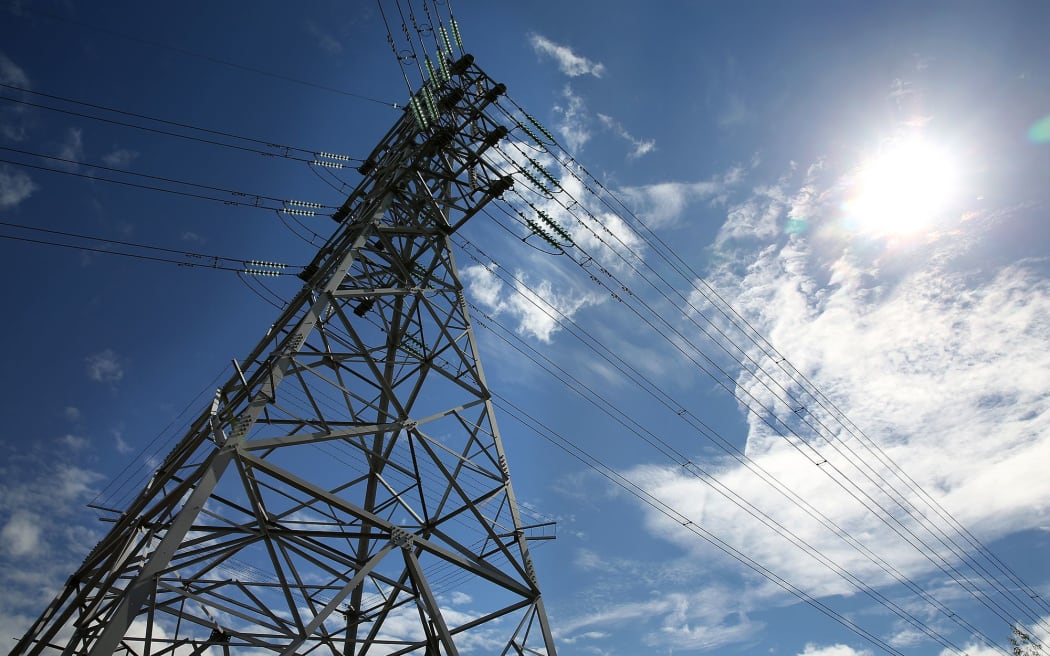Power companies have delayed the introduction of smart technology that would cut power bills an electricity market observer has said.
This follows the launch of Flick Electric, the first power company with prices based on the electricity spot price.
Geoff Bertram of Victoria University said so-called smart meters have been around for almost a decade, and more than 50 percent of households have them.
But he said because of a lack of competition, the major retailers have been able to keep smart meters dumb, and prices high, by not fitting them with technology that would give people more data and better control over what they spend on electricity.

Photo: RNZ / Diego Opatowski
Since 2005, power prices have risen more than 55 percent.
Flick chief executive Steve O'Connor said his company spent 12 months developing smart technology which allows customers to purchase power when it is at its cheapest.
He said of the 55 customers in a trial earlier this year, 90 percent shaved at least 10 percent off their bills while, he claims, some customers were 30 percent better off.
Mr Bertram said time-of-day pricing is a step forward in a market largely starved of innovation.
"The margin between spot and retail in New Zealand is quite extraordinary, it's effectively a price gouging tactic. In the long run you can't shut technology out, you cant shut new ideas out."
He said New Zealand consumers could have had a better deal on prices a long time ago.
But a major electricity retailer denies power companies have dragged their feet on the introduction of smart technology that would cut power bills.
New Zealand's largest energy retailer, Genesis Energy, has almost 400,000 customers with smart meters.
But, fewer than a quarter have even the most basic option to pay less when electricity prices are cheap.
Public affairs manager Richard Gordon said that is because time-of-use pricing doesn't suit all customers, and it has been hard to get electricity lines companies to provide the right information.
"It really depends on all the lines companies, the network companies, around New Zealand coming to the party and helping set time differentiated tariffs that work for customers."
Ewan Gebbie, chief executive of the Energy Management Association, said the main benefit of smart metering technology in New Zealand has been allowing electricity retailers to cut their own costs by reading meters remotely.
But overseas, consumers have benefited.
Mr Gebbie said he is disappointed that a deregulated market has not produced more innovation, and it is now time for the Government to step in.



